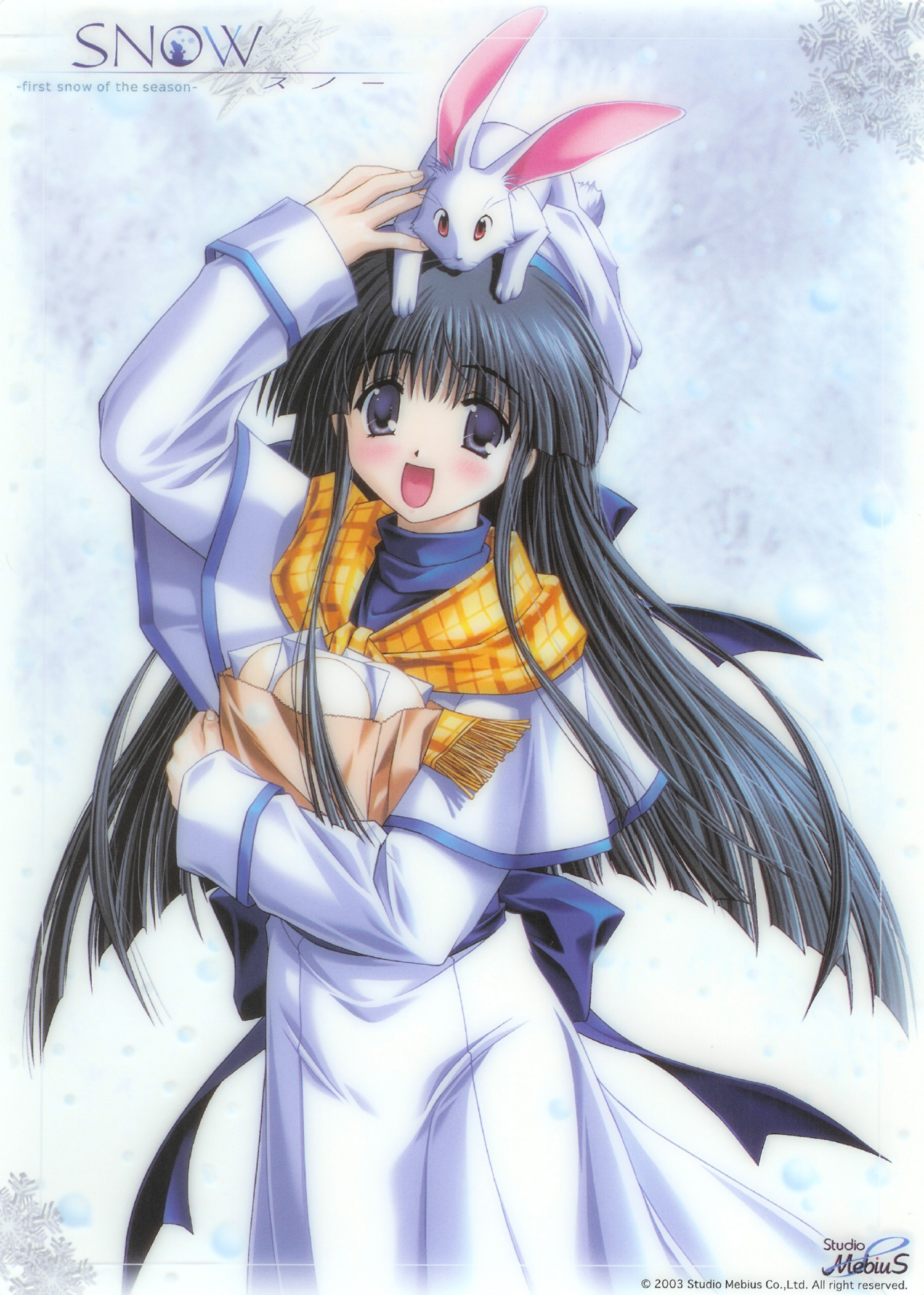

His childhood and upbringing were both unhappy. That sensibility was due in no small part to the author’s early years.


The Nobel Committee for Literature, remarking on the selection process, praised Kawabata’s work for its narrative mastery, which expresses the essence of the Japanese mind with great sensibility. Yasunari Kawabata winning the Nobel Prize in Literature twenty-three years after the end of World War Two was a sign that the world was taking note of Japanese literature, and caused a great stir within Japan. Tsurumi University professor Rintaro Katayama recounts Kawabata’s seventy-two years of life as well as his masterpieces Thousand Cranes and Snow Country, which are well known and treasured outside Japan. Over fifty years ago in 1968, novelist Yasunari Kawabata became the first Japanese writer to earn the Nobel Prize in Literature. Analyzing Yasunari Kawabata’s Snow Country: Japan’s First Nobel Prize in Literature Winner


 0 kommentar(er)
0 kommentar(er)
